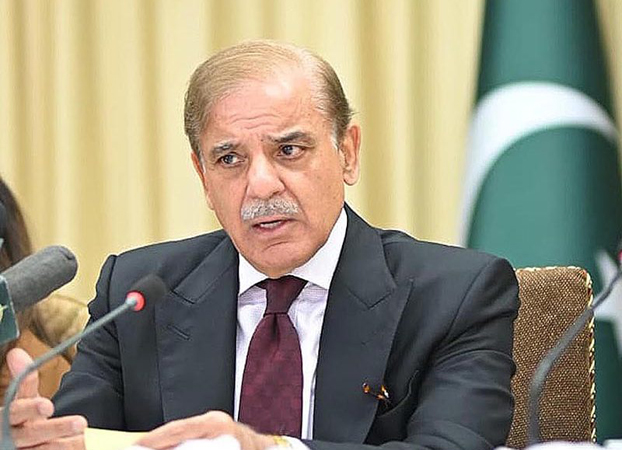ISLAMABAD: Prime Minister Shehbaz Sharif addressed the Ulema-Mashaikh conference on Thursday, discussing the government’s efforts to address economic challenges, particularly high electricity costs.
He announced that Rs50 billion has been allocated to support consumers using up to 200 units of electricity. However, he acknowledged that those consuming 200-500 units still face high costs.
To tackle this issue, Prime Minister Shehbaz assured that discussions between the coalition government. The army chief are ongoing to create a comprehensive plan to alleviate the financial burden on electricity consumers. Provincial governments are expected to announce their plans soon.
Read More: COAS Reaffirms Commitment to Safeguarding Pakistan Against Chaos
Prime Minister Shehbaz highlighted the exceptional cooperation between the coalition government and national institutions, including the military, in addressing the country’s issues.
He praised Chief of Army Staff Gen Syed Asim Munir for his support, describing their collaboration as a model for future governance.
As the nation approaches its 77th Independence Day, he urged renewed dedication to national goals, guided by the teachings of the Quran and Sunnah.
The Prime Minister condemned the activities of the Tehreek-e-Taliban Pakistan (TTP) and criticized the misuse of social media for spreading misinformation.
He also highlighted the sacrifices of army soldiers and criticized online disrespect towards them.
Read More: KPK Faces Alarming Brain Drain as Residents Seek Opportunities Abroad
Referring to the May 9 attacks as one of the most distressing events in Pakistan’s history. He drew parallels with the 1971 events. Suggesting that those responsible for recent unrest would face consequences.
He urged religious leaders to help bridge societal divisions and promote the Islamic economic system. Asserting that a united nation could overcome any obstacle.
Finally, Prime Minister Shehbaz acknowledged the importance of the IMF programme for achieving economic stability, creating jobs, and implementing reforms.


